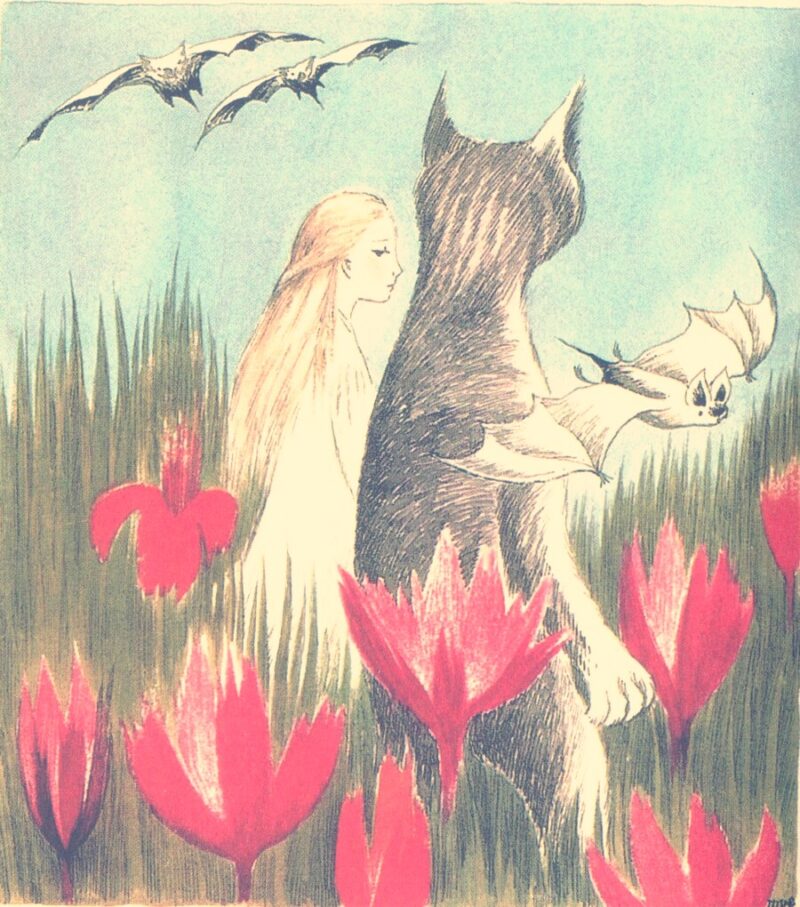“According to all aerodynamic laws, the bumblebee cannot fly because its body weight is not in the right proportion to its wingspan. But ignoring these laws, the bee flies anyway.”
– Spalding Gray
There once was a sensible man called Charles Lutwidge Dodgson—a deacon, mathematician, known for his pioneering work in geometry, algebra, logic—who wrote the first printed proof the Kronecker–Capelli theorem, and the Dodgson’s method to study elections,
and a book of utter nonsense for a girl on a picnic.
The story had smiling Cheshire cats, mad hatters eating cakes, talking hares, flowers, dormouses, flamingo croquet sticks, jabberwockies, Humpty-Dumpty, queens of hearts without them… but the maddest, most illogical character was the heroine:
A child, Alice, like the girl whose story this was, reckless, fearless, disobedient–as most children are, and more should be and few remain, except lovers, maybe—
who breaks every sensible rule of society, time, space, common sense, going down a rabbit hole for goodness sake, on an adventure in a land that can’t exist, a story that can’t survive the real world…
There is a statue of Alice in Wonderland, in Central Park, in honour of Charles Lutwidge Dodgson; Lewis Carroll,
and children, lovers, and once,
another man, who waited by the statue, carrying a brown leather messenger bag, heavy with apples, Fuji; oranges he would peel—he did not mind, and she liked the smell on his wrists; boxes of berries, all sorts, mostly blueberries though
—he preferred those, so unnaturally, non-sensibly blue—
reading material: poetry; a red notebook. The baguette, he would get fresh, at the last minute, from the bakery outpost less than 100 meters away, her favourite. While he waited, he wrote the story in his mind:
a picnic, by the statue or, if she preferred, the pond, where a club of old men were hosting a regatta with toy boats, ridiculous—he knew she would not think so. He rehearsed his part, and hers, of the wonderfully reckless, fearless, disobedient love story that would unfold, breaking every rule, like a dream, smelling of bread, red apples, her jasmine, orange peel;
He would inform her of a longstanding custom: couples watching the regatta together had to bet on a winner. He had just come up with that. If his boat won, she kissed him. If hers did, he kissed her. If neither boat … oh for goodness sake, it was their story.
